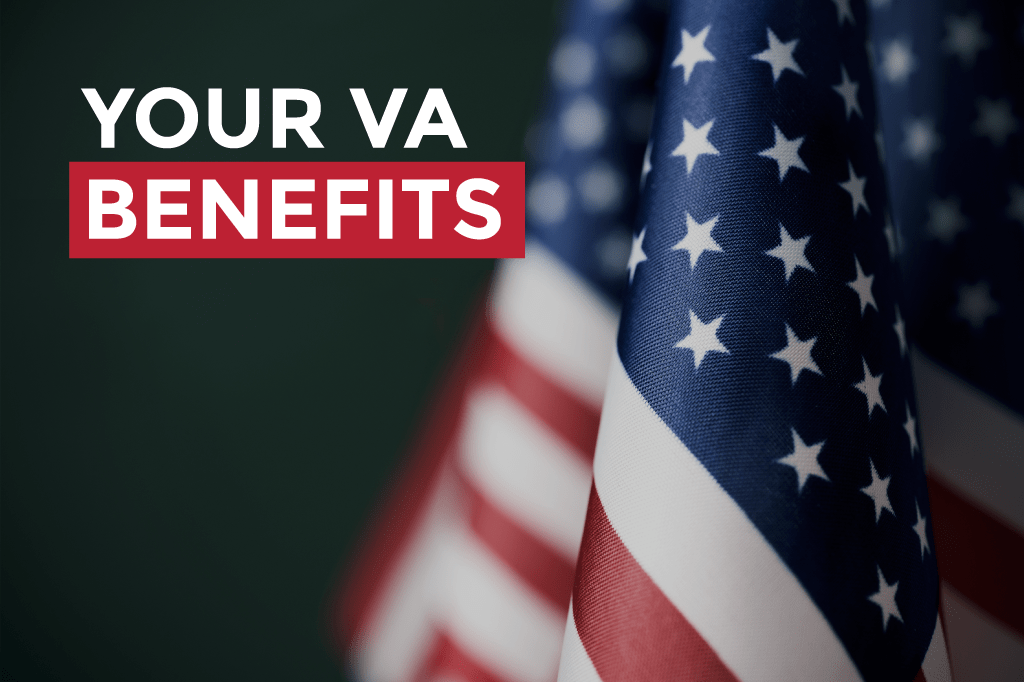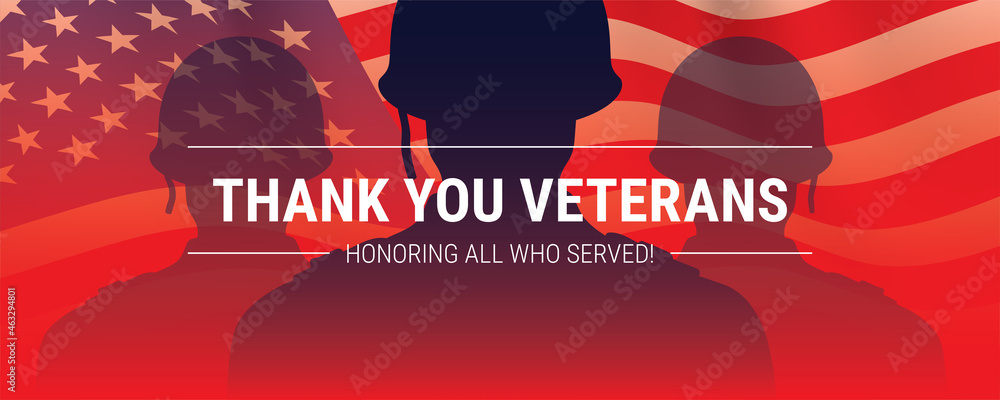Why You Shouldn’t Share Your VA Benefits: A Comprehensive Look
Sharing your VA benefits with others might seem like a generous and noble gesture, especially when a loved one is in financial need. However, it’s crucial to understand that doing so can have serious and far-reaching consequences for both you and the person you are trying to help.
Legal Implications
First and foremost, sharing your VA benefits is against the law. The Department of Veterans Affairs has established strict rules to prevent the misuse or abuse of these benefits. Allowing someone unauthorized access to your benefits is considered fraud, and engaging in such actions could result in the loss of all your VA benefits. The legal repercussions don’t stop there—you could also face criminal charges, fines, and even imprisonment. The VA’s regulations are in place to ensure that benefits go directly to those who have earned them through service, and violating these regulations undermines the integrity of the system.
Risk of Financial Exploitation
When you share your VA benefits with another person, you open yourself up to potential financial exploitation. Unfortunately, there have been numerous cases where veterans have unknowingly granted access to their benefits to a trusted family member or friend, only to later discover that the individual was using the benefits for their personal gain. This not only results in financial loss but can also severely damage relationships and erode trust. It’s important to remember that once access is granted, it can be difficult to regain control, and the consequences can be long-lasting.
Impact on Eligibility for Other Benefits
Another significant concern is the impact that sharing your VA benefits can have on your eligibility for other government programs. Many programs, such as Medicaid or Supplemental Security Income (SSI), have strict income and asset limits. If you share your VA benefits with someone else, it could increase your reported income and assets, potentially disqualifying you from receiving these essential benefits. This could have a cascading effect, where losing eligibility for one program leads to the loss of others, putting your financial stability at greater risk.
Challenges in Managing Benefits
Sharing your VA benefits can also create challenges in managing them effectively. When you allow someone else to control how your benefits are used, you lose oversight and may find it difficult to access the funds when you need them. This can lead to misunderstandings, disagreements, and even situations where your benefits are mismanaged or depleted without your knowledge. Maintaining full control over your benefits ensures that they are used in a manner that best supports your needs and priorities.
Alternative Ways to Help Loved Ones
If you are concerned about helping a loved one in need, there are safer and more appropriate ways to provide support without jeopardizing your own benefits. Consider offering direct financial assistance that doesn’t involve your VA benefits, or help them find other resources and programs designed to provide the support they need. Additionally, having a conversation about financial management and budgeting could empower your loved one to become more self-sufficient, reducing the need for your direct assistance.
Conclusion
Your VA benefits were earned through your service and are intended to support your well-being and financial security. Sharing them with others, no matter how well-intentioned, can lead to significant legal, financial, and personal risks. By refraining from sharing your benefits and instead seeking alternative ways to help those in need, you protect both your benefits and your peace of mind. Remember, safeguarding your benefits is not just about following the law—it’s about ensuring that you can continue to rely on the support you’ve earned through your service.

